As empaths, and sensitive people, is all the suffering right now making you feel like you should take on the world’s pain to make everything better?
It’s not your job to take on the world’s pain.
Empaths and sensitive people have open hearts. They don’t have the same emotional guard up that many others do. They feel people’s pain–both loved ones and strangers–and instinctively they want to take it away from them.
Right now, we are going through an extremely challenging time. Many of my empath patients are suffering tremendously from the massive suffering and fear that is manifesting in the world. This makes them and all sensitive people particularly vulnerable to overwhelm, exhaustion, and anxiety. Especially when many of them have been taught that being compassionate means it’s their job to remove other people’s pain.
This is not true. You can hold a supportive space for someone without absorbing their distress in your own body. Finding this balance is the art of healing. Inwardly you can say, “This is not my burden to carry.” It is impossible to fix someone and it is really none of your business to try. More than twenty years of being a physician have taught me that everybody deserves the dignity of their own path.
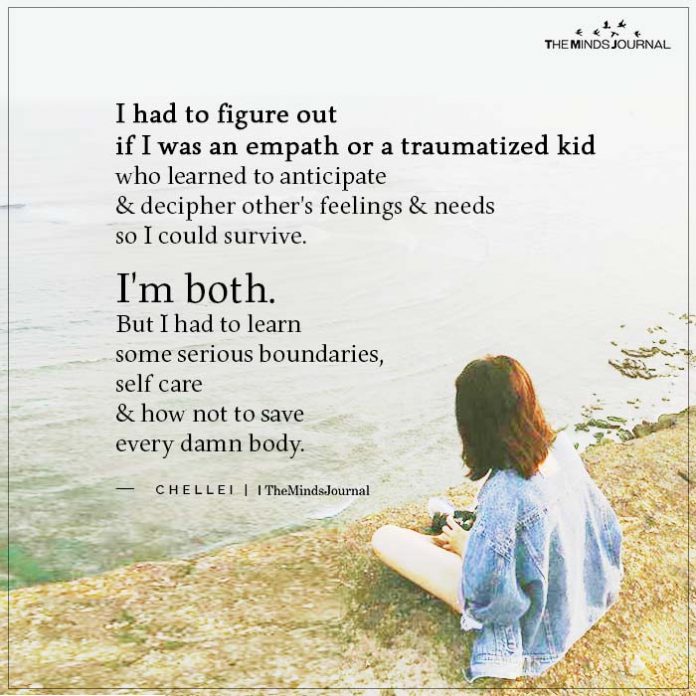
Here are a few tips from Thriving as an Empath: 365 Days of Self-Care for Sensitive People to decrease your stress level and find your center, even in the midst of uncertainty and chaos.
- Practice deep breathing to exhale stress.
- Limit exposure to news.
- Do not let others feed your panic. Even though we are going through a scary time now, panic is not the key to any door. When you feel panic, breathe deeply, meditate for a few minutes to center yourself, and focus on feeling safe in the now.
- If you notice yourself absorbing the stress or pain of others, take some alone time to regroup and replenish yourself.
- Do not get into victim mode. Try to see the lessons you can learn from chaos and crises rather than feeling only victimized.
- Stay in the Now. The only way to get through this is a day at a time. Try to stop yourself when your mind catastrophizes about the future.
Many empaths are used to socially distancing as part of their everyday lives so it may take less getting used to than others’ experience. Earth is not a realm just of sweetness and light. It has great darkness here, and also great suffering. Our intention, as sensitive people, is to not become martyrs and victims but to try to summon all the light possible to increase the light in the world and overcome the darkness with love. This requires faith, and a strong belief in love—we can all do it together.
Related: 10 Strategies To Protect Your Energy As An Empath
Practice this intention from “Thriving as an Empath”
I can be compassionate without becoming a martyr or taking on another person’s pain. I can respect someone’s healing process without trying to “fix” them.


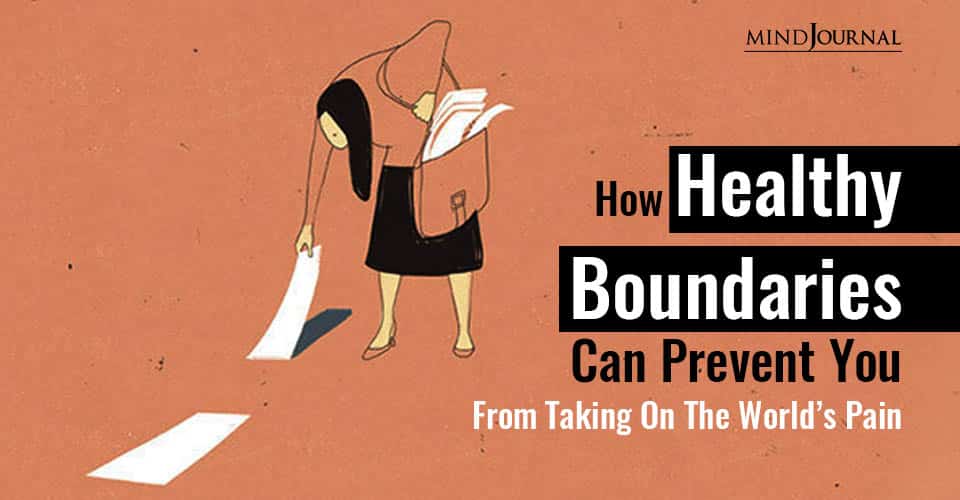

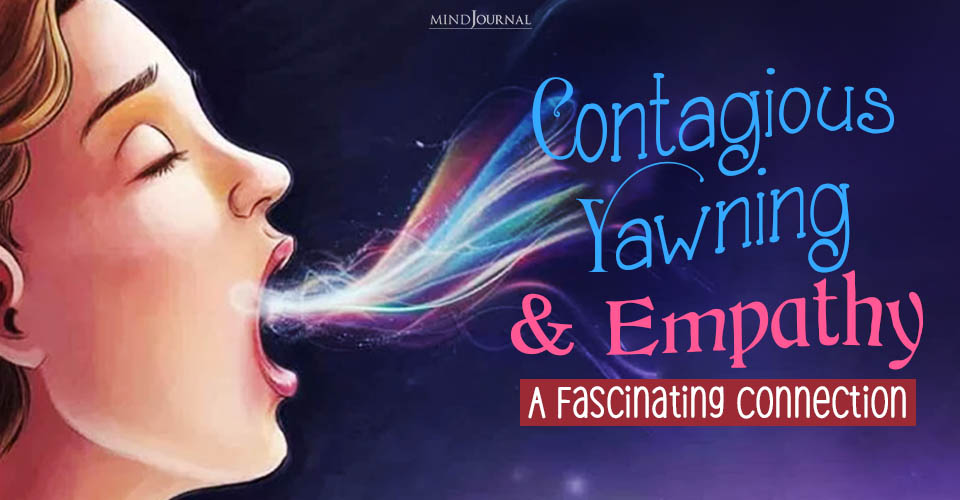


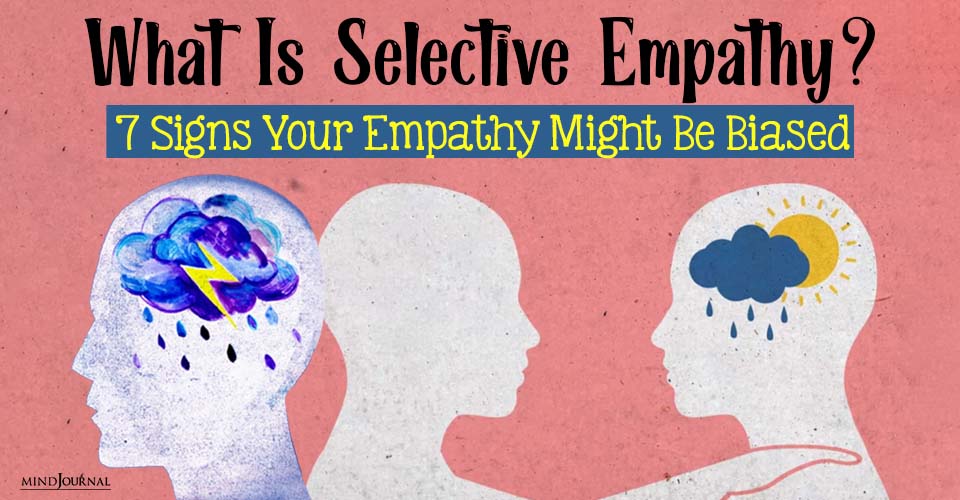
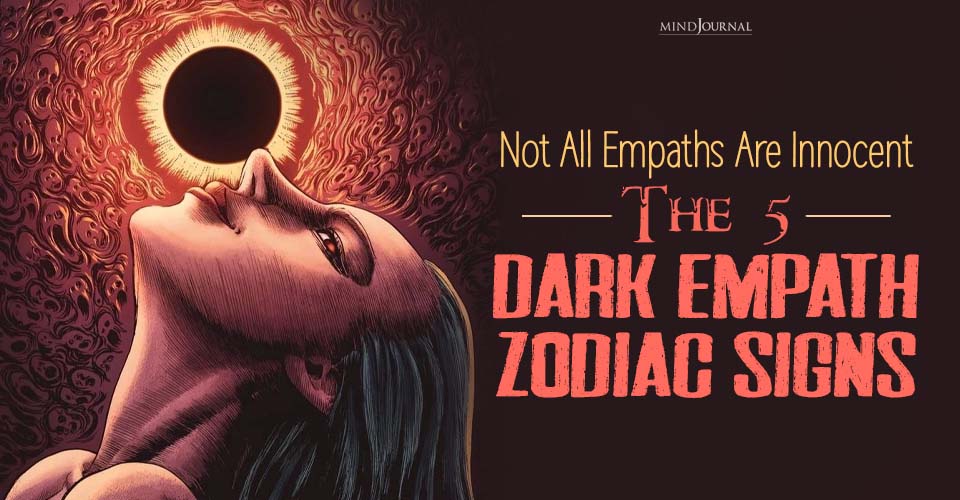

Leave a Reply